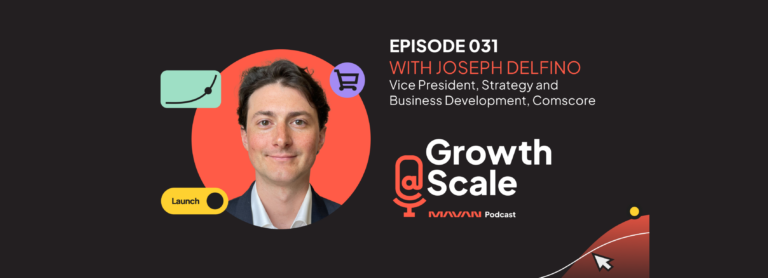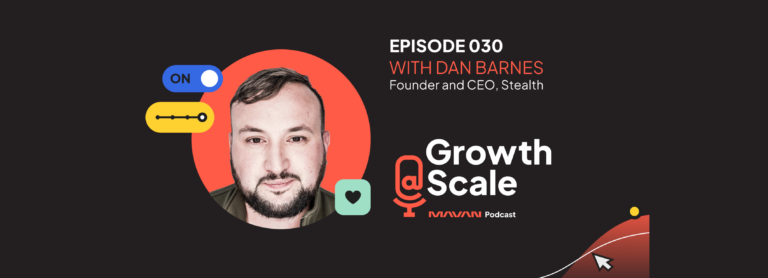Growth@Scale – Episode 31 – Joseph Delfino
Read the transcript from Episode 31 of Growth@Scale where Matt speaks with guest Joseph Delfino.

Read the transcript from Episode 31 of Growth@Scale where Matt speaks with guest Joseph Delfino.

Dan Barnes discusses the crucial aspects of company culture and its impact on the gaming industry, highlighting intrinsic motivation and LiveOps as key drivers for success. Discover how these elements are shaping the future of gaming and fostering sustainable growth within organizations.
End of content
End of content